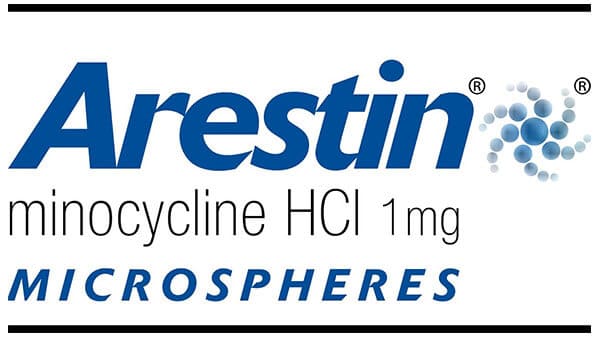
We offer periodontal procedures that treat gum disease and preserve the bone and/or gums to save teeth or allow for the placement of dental implants. Periodontal services can also enhance your smile by correcting problems such as uneven gum lines or receding gums.
Home care is essential to maintaining healthy teeth and gums, but even excellent home care cannot prevent bacteria and plaque. If the plaque is not removed, it can harden, becoming calculus. We will recommend a periodontal maintenance program that is best for you based on how quickly you develop calculus and your past and current periodontal health.
Periodontal Maintenance Program

During your maintenance visits, we will perform an oral examination and a dental cleaning. During an oral examination, a visual inspection is performed to detect normal and abnormal structures of the entire mouth, head, and neck. Along with radiographs, an examination detects cavities, abnormalities in existing dental restorations, gum and bone recession, and any other abnormal findings within the mouth, head, and neck.
A dental cleaning, also known as oral prophylaxis, removes dental plaque and tartar (calculus) from the teeth. Specialized instruments are used to remove these deposits without harming the teeth gently. First, an ultrasonic device that emits vibrations and is cooled by water is used to loosen larger pieces of tartar. Next, hand tools remove smaller deposits and manually smooth the tooth surfaces.
Scaling and Root Planing

Scaling and root planing is a non-surgical procedure used to treat gum disease. During the scaling process, specialized dental instruments are used to remove dental plaque and calculus from beneath the gums. Planing is the procedure used to smooth the tooth’s root after the scaling process. Root planing helps the gums heal and reattach themselves to a cleaner and smoother root surface.
Arestin®

ARESTIN® is a locally applied antibiotic that delivers minocycline microspheres in the form of a powder. It is placed directly into the infected periodontal pocket at the time of scaling and root planing procedures for easy, targeted treatment. The microspheres adhere to the surrounding surfaces to provide a sustained release of the antibiotic at the site of active infection for effective treatment. It is used in pocket depth reduction and may be used as part of a periodontal maintenance program.
Benefits of ARESTIN® include:
- No local anesthesia required
- No adhesive required
- No dressing required
- No need for removal as the microspheres are completely bioresorbed
- Remains active in the pocket for an extended period of time
Periodontal Splinting

Periodontal splinting is done to stabilize teeth that have become loose as a result of bone loss due to periodontal disease. The doctor will determine if periodontal splints are needed, as sometimes careful management of the periodontal disease causes the teeth to become more stable. Periodontal splints may use stabilizing wire or ribbon, composite resin, crowns, inlays/onlays, and/or veneers to accomplish the goal of stabilizing the teeth.
Crown Lengthening

Crown lengthening is commonly used to expose more tooth structure, crown lengthening involves the removal of gum tissue and/or bone to expose more of a tooth’s structure.
Gum Grafting

Gum grafting treats root exposure resulting from receded gum tissue. Tissue is removed from the roof of the mouth or from gum tissue near the tooth and stitched into the area needing gingival repair.
Bone Grafting

Bone grafting is the replacement or enhancement of bone around teeth. When a tooth is lost, the surrounding bone collapses. Bone grafting is performed to reverse bone loss or enhance bone. The bone can be taken from parts of the body or from synthetic material. Bone grafting allows for proper support of dental implants or prostheses.

